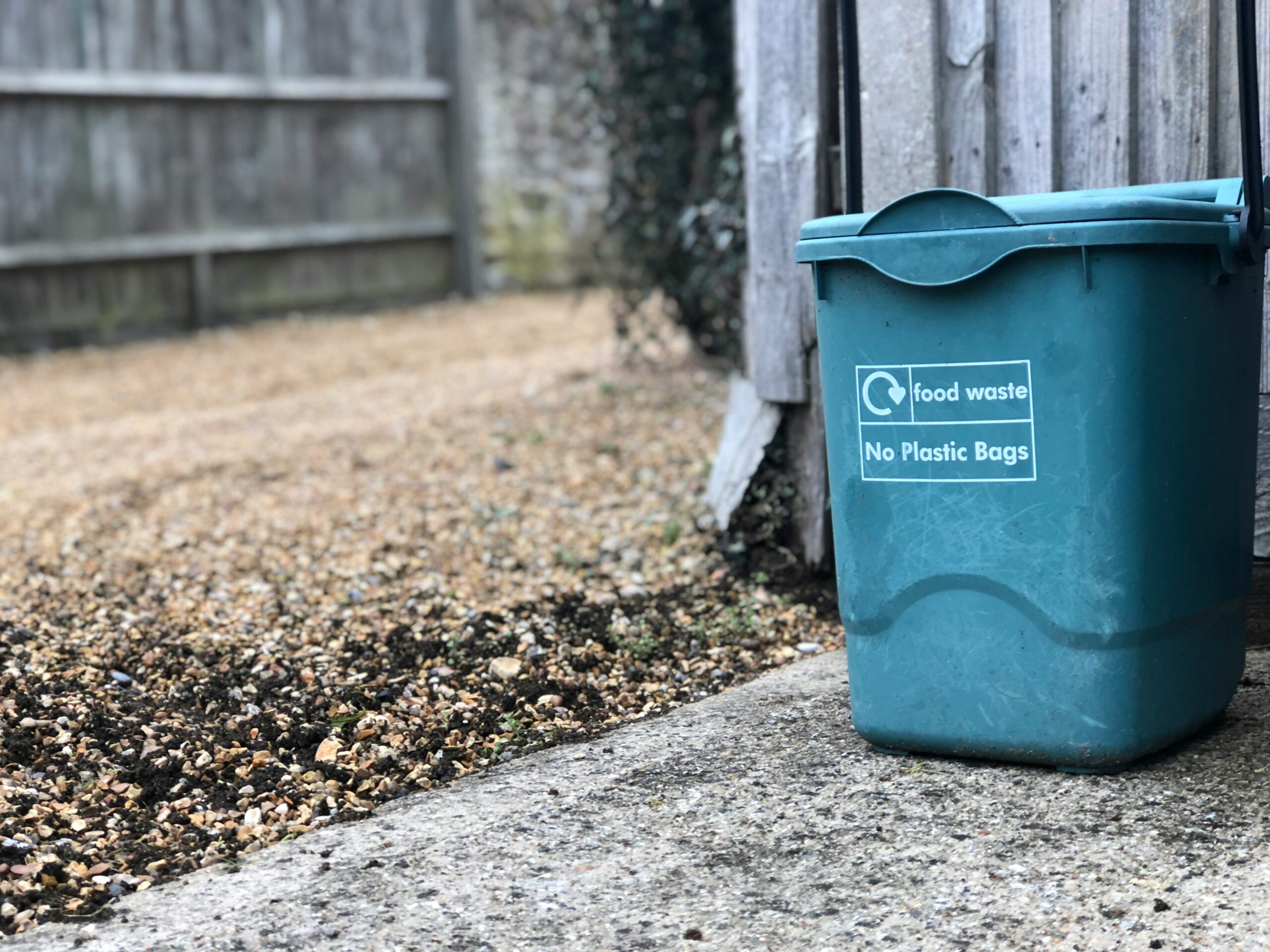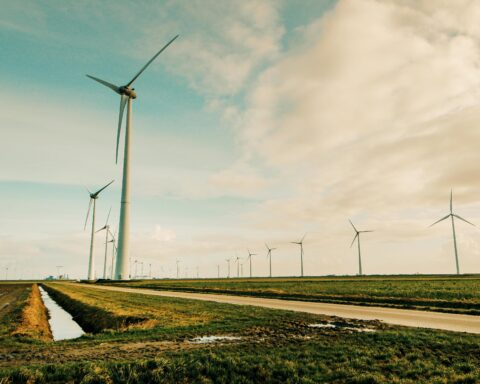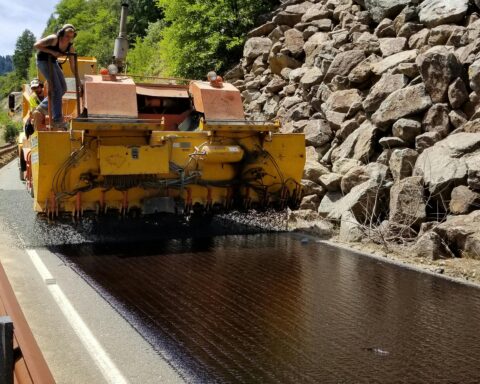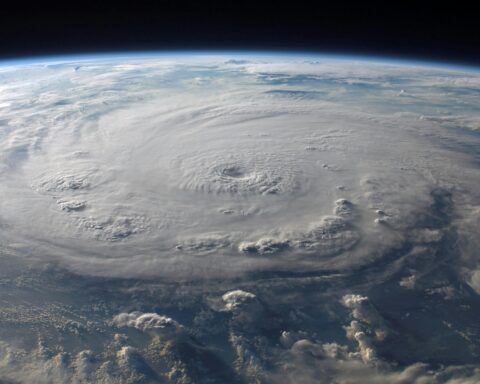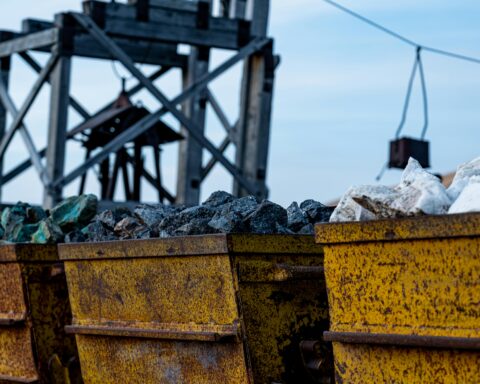The U.S. Environmental Protection Agency (EPA) is announcing three separate funding opportunities for recycling infrastructure advancement and food waste prevention across the country. Combined, the funding opportunities will utilize $117 million in federal funds for their initiatives.
These three funding opportunities represent two separate programs – the Solid Waste Infrastructure for Recycling (SWIFR) Grant Program and the Recycling Education and Outreach (REO) Grant Program – and establish concrete steps for the EPA’s National Strategy for Reducing Food Loss and Waste and Recycling Organics.
Additionally supporting the White House’s Investing in America agenda, the EPA’s three grant opportunities will work concurrently in low-income and disadvantaged communities, including tribes and communities across the country.
RELATED: Austin waste-reduction program redistributes used furniture, building materials
Communities lacking adequate waste management services often struggle with inefficient recycling and composting options, leading to increased greenhouse gas emissions and public health issues, particularly in historically underserved areas. The new funding is designed to address these disparities by enhancing recycling infrastructure and expanding consumer education on waste prevention.
Solid Waste Infrastructure for Recycling Grant Program
The funding announcement includes two grant opportunities under the SWIFR program – one specifically for tribes and intertribal consortia, and another for municipalities nationwide.
Making $20 million available, the SWIFR tribal grants will provide tribes and intertribal consortia with funds up to $1.5 million. The tribal-focused grants will improve local waste management systems, enhance local post-consumer materials and recycling management programs and implement a circular economy for all strategy series.
To be eligible to apply for SWIFR tribal grants, applicants must be federally-recognized tribes or former Indian reservations in Oklahoma and must have projects enabling enhanced municipal solid waste management, including plastics, organics, paper, metal, glass and construction and demolition debris. The deadline for SWIFR tribal grants is March 14, 2025. Award announcements are expected by Spring 2026.
The municipality-based grants, totaling approximately $58 million in available funding, will provide communities with grants up to $5 million for projects that improve collection, transport, systems and processes related to post-use materials that can be reused, recycled or composted.
Eligible applicants for SWIFR municipality grants are counties, cities, towns, parishes and similar political subdivisions within states or territories. The deadline to apply is Dec. 20. Award announcements are expected by Winter 2025.
Additionally, the EPA will deliver these tribal and municipality grants to projects achieving one or more SWIFR objectives: Develop and enhance plans and infrastructure for sustainable post-consumer materials management, improve data collection to track progress on recycling and waste reduction goals and establish markets for recycled materials while increasing recycling rates and material quality.
Recycling Education and Outreach Grant Program
Under the REO program, the EPA will direct $39 million to one applicant that aligns with the agency’s goal of developing a more resilient and cost-effective recycling system. The awarded applicant will be provided funds for three projects, each addressing different aspects of the REO program. The EPA will give the award to a coalition-led agreement aimed at developing a national food waste reduction campaign, increasing compost market sales and enhancing local education about composting.
To be eligible for the REO’s grant, applicants must apply by Dec. 20. Eligible applicants include states, U.S. territories, local governments, Indian tribes, native Hawaiian organizations, nonprofits and public-private partnerships. The REO award announcement is expected by September 2025.
These funding opportunities represent a significant investment in improving recycling and waste management systems across the U.S. By targeting both infrastructure and public outreach and education, the EPA aims to foster a circular economy and mitigate the environmental impacts associated with waste.
Photo by Patricia Valério on Unsplash



